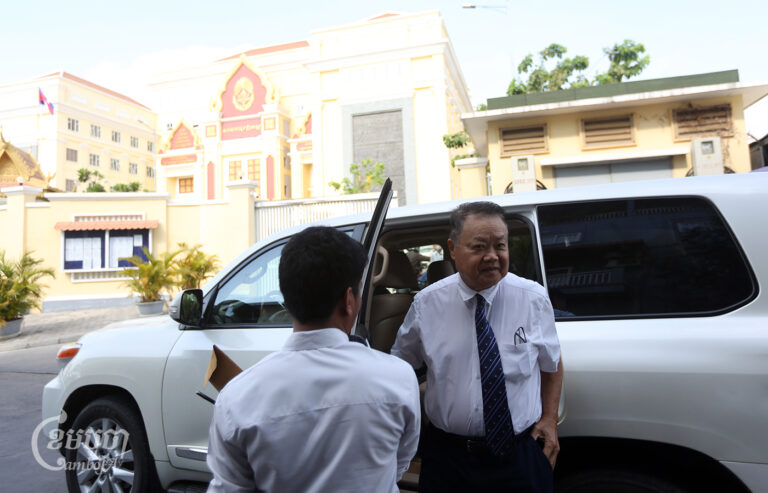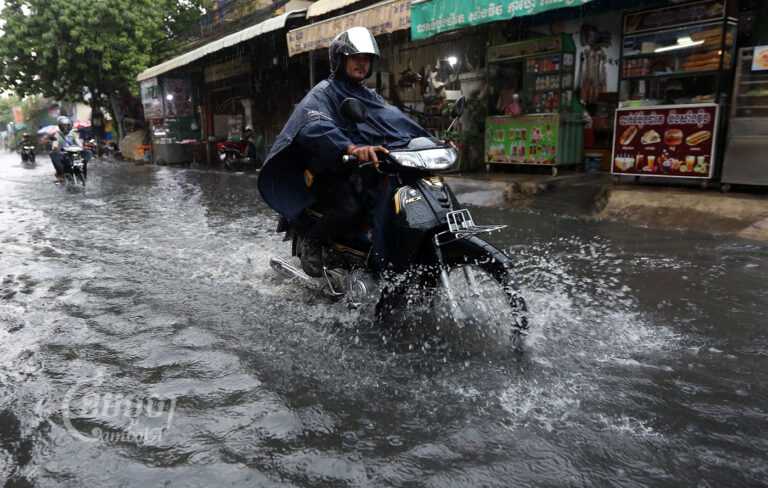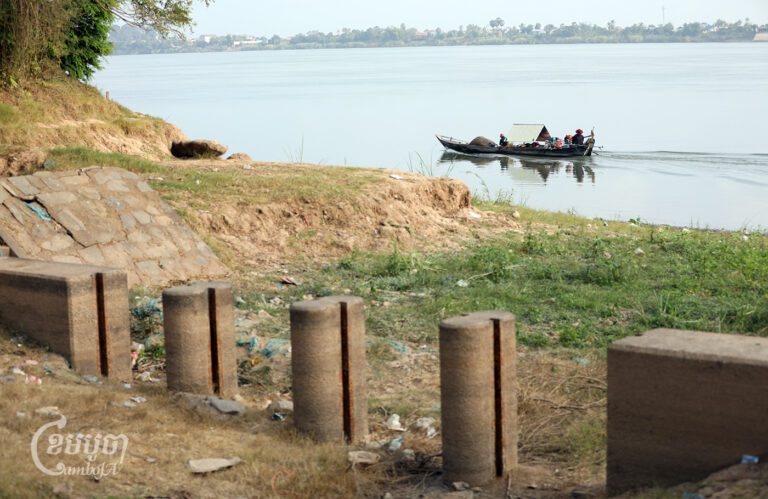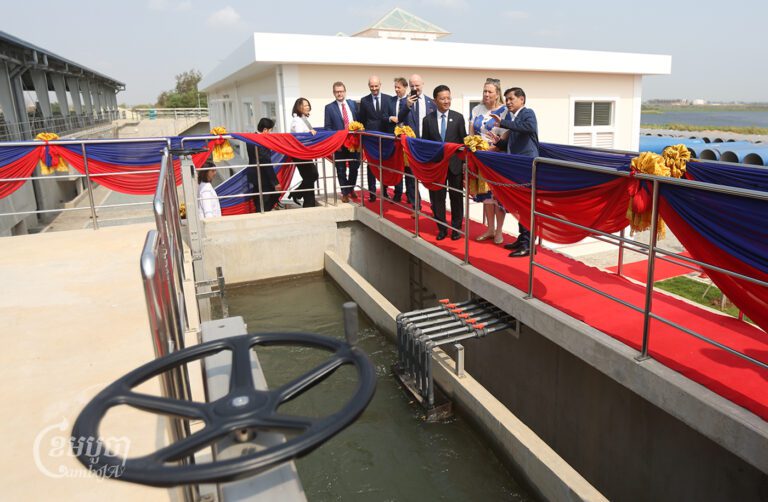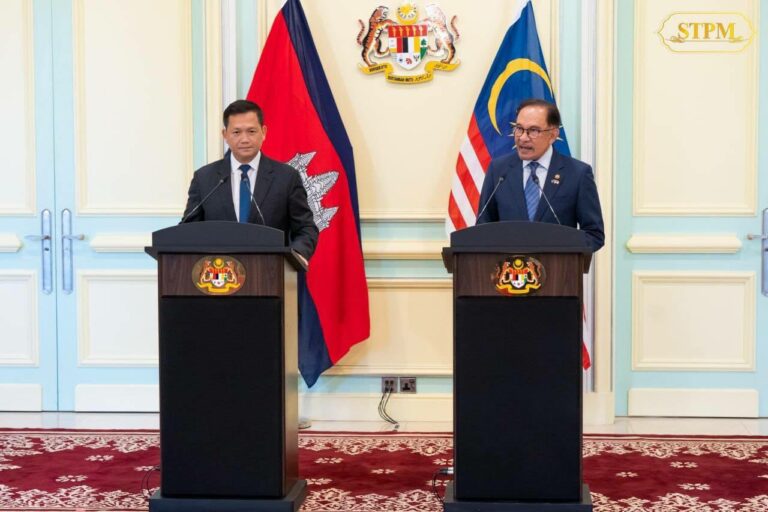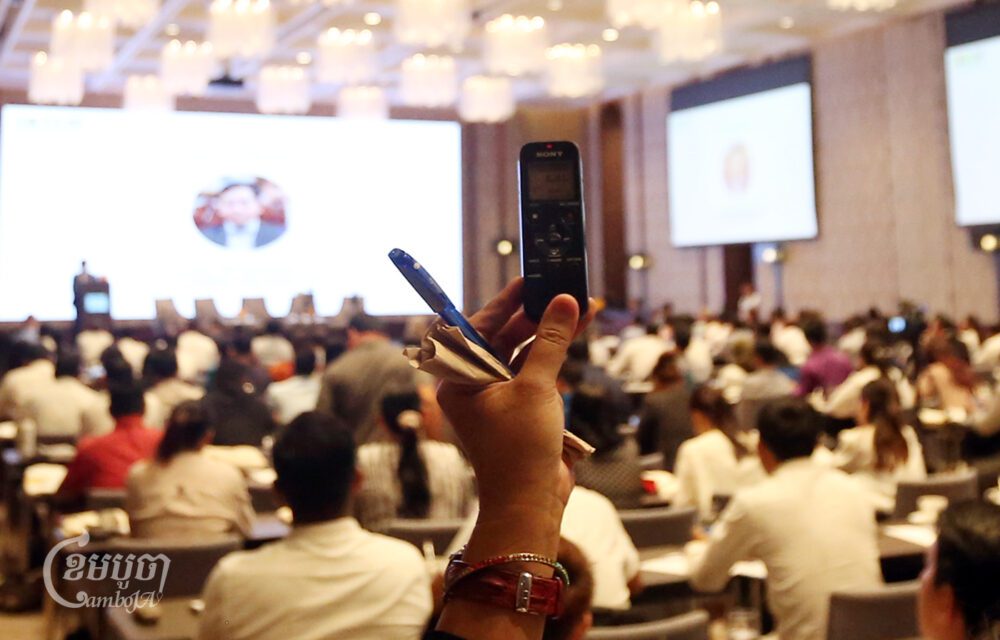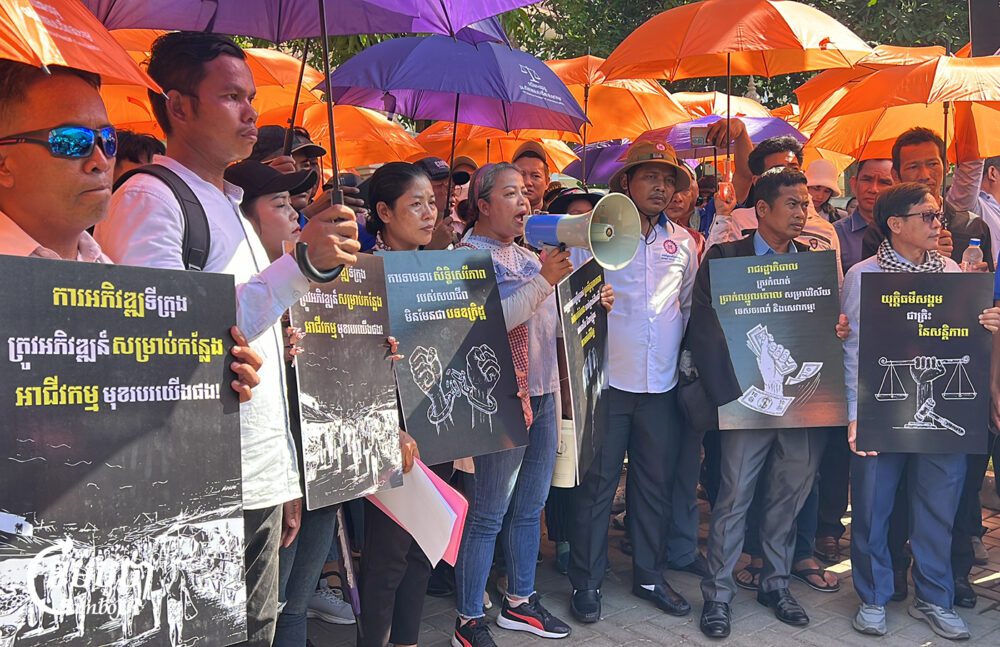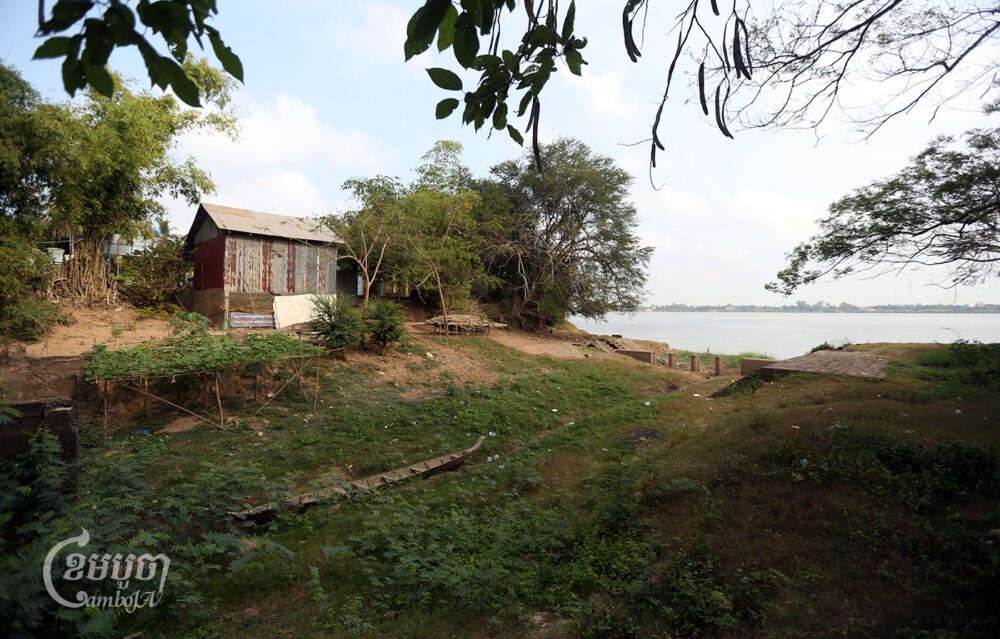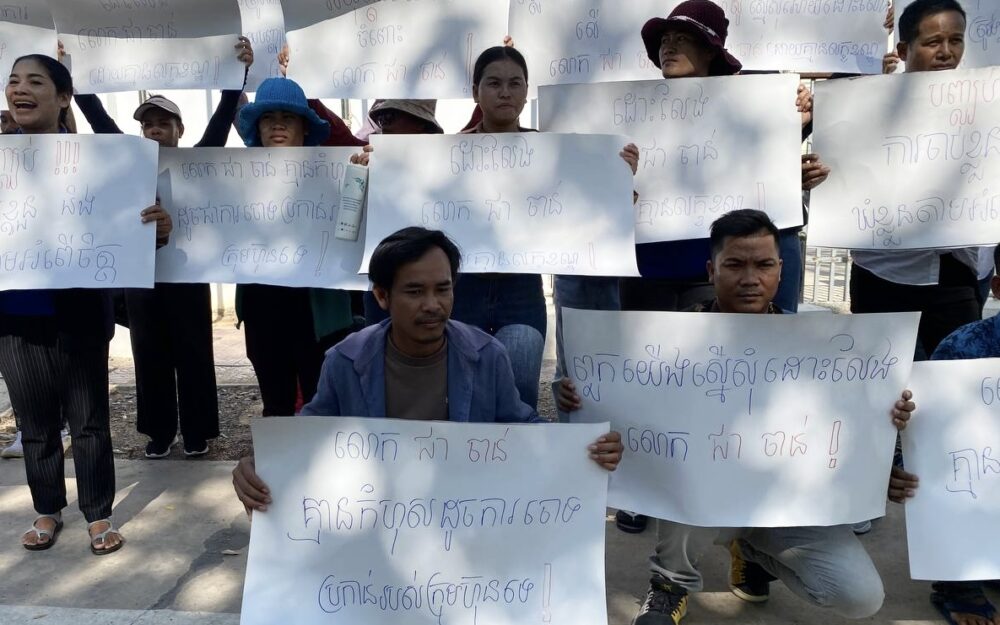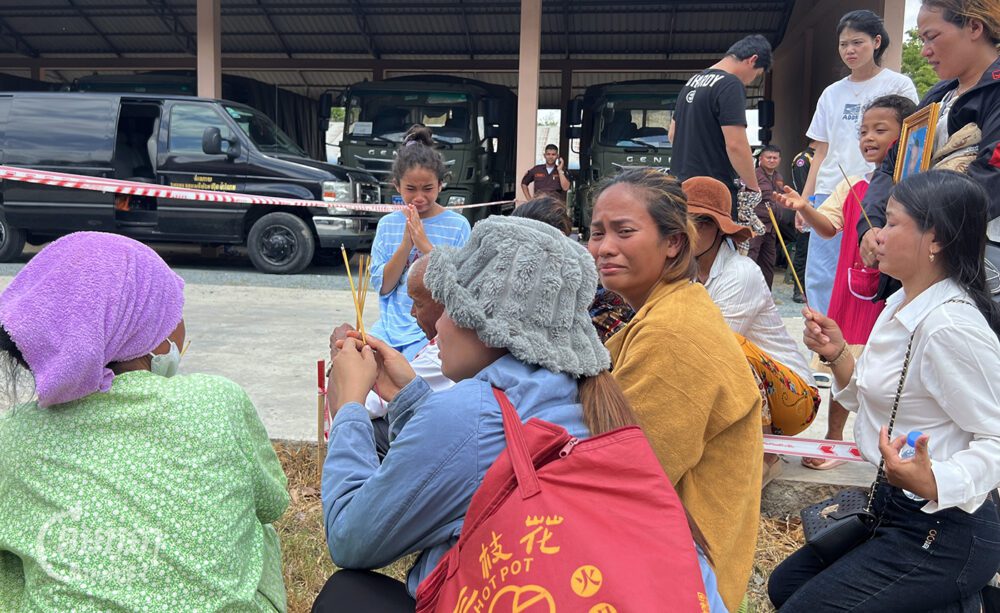China will aid Cambodia’s second phase development of rural water supply and agriculture master plan following the signing of three agreements during a three-day visit by Chinese Foreign Affairs Minister Wang Yi.
The agreements signed comprise China’s grant for phase two of the supply of water to rural areas, the handover of the Cambodian agricultural development master plan, and joint agreement on the protocol for production and sanitation requirements for semi-finished dog food products made from cowhide for export to China.
Wang Yi, who arrived on Sunday, held bilateral talks with Prime Minister Hun Manet and Sok Chenda Sophea, Deputy Prime Minister and Minister of Foreign Affairs and International Cooperation. Additionally, both Wang Yi and Deputy Prime Minister Sun Chanthol co-chaired the seventh meeting of the Cambodia-China Intergovernmental Coordination Committee.
Earlier, he was granted a royal audience with King Norodom Sihamoni. He later met with Senate president Hun Sen.
Wang Yi told Hun Sen about the activities of his visit to Cambodia, especially the good outcome achieved during the intergovernmental committee meeting. He also said both nations have reached a new stage, Hun Sen wrote on his Facebook.
Hun Sen said Wang Yi praised him for his far-sighted vision and the smooth transfer of power from the old generation to the new generation.
In a joint statement posted by the Information Ministry, China reiterated their support for Cambodia’s development path which suited Cambodia’s conditions.
China supported Cambodia’s efforts to safeguard national sovereignty, security and development interests, and its firm opposition to external interference in Cambodia’s internal affairs, the statement read.
“The Cambodian side reaffirmed its commitment to the one-China policy and its recognition that China is the sole legal government representing the whole of China and Taiwan is an inalienable part of China’s territory.
“Cambodia opposes any attempt to use the Taiwan question to interfere in China’s internal affairs [and] opposes any form of ‘Taiwan independence’,” the statement added.
Both sides agreed to strengthen defense cooperation, hold joint exercises and training, advance collaboration in medical services and logistics, personnel training and mine clearance, and jointly fight cross-border crimes such as online gambling, telecom fraud and drug trafficking.
“Cambodia and China will deepen synergy between the Belt and Road Initiative and the Pentagonal Strategy-Phase I, expedite the formulation of the cooperation plan for the Industrial and Technological Corridor,” the joint statement read.
Preliminary planning and design of the Cambodia-China Railway will be advanced along with the delivery of the Chinese Agricultural Demonstration Center and other early harvest projects of the Fish and Rice Corridor.
The statement also mentioned that the Cambodia-China Comprehensive Strategic Partnership of Cooperation will be deepened.
In addition, exports of Cambodian agricultural products to China would be further promoted while Chinese investment will be expanded in Cambodia.

Meanwhile, Foreign Affairs Minister Sok Chenda Sophea said he had a productive meeting with Wang Yi where both accepted the importance of frequent and active exchanges and engagements between their leaders. This demonstrated the robust political trust and iron-clad friendship between the countries, and the cooperation in the fields of infrastructure, energy, economy and trade.
Sun Chanthol, who is also the first vice-chairman of the Council for the Development of Cambodia could not be reached for comment as he was busy with meetings while Ministry of Agriculture, Forestry and Fisheries spokesperson Khim Finan said he has yet to receive the details of the meeting.
Foreign Affairs Ministry spokesperson Chum Sounry explained that the Diamond Cooperation, established by former Prime Minister Hun Sen and Chinese President Xi Jinping, is a roadmap to build a common destiny for the citizens of both nations.
The Fish and Rice Corridor and the Industrial and Technological Corridor are important frameworks agreed upon by both countries to increase trade, investment, and export industry, Sounry told CamboJA News.
He declined to comment on the strategies Cambodia will employ to enhance cross-border crime.
The Chinese Embassy in Phnom Penh did not respond to questions via email.
Ministry of Rural Development undersecretary of state and spokesperson Pit Karuna told CamboJA News that China has supported the water supply project in rural areas in the past and is expected to do so in the second phase.
Previously, clean water was supplied to Kampong Speu, Kampong Chhnang, Kampong Thom, Kandal, Tbong Khmum and Svay Rieng by drilling 846 water wells, with the digging of 73 community ponds.
In addition, Siem Reap, Banteay Meanchey, Battambang, Pursat, Kampong Chhnang, Kampong Speu, Kampot, Prey Veng, Svay Rieng and Kampong Cham provinces also received clean water supply. Some 964 pump wells were drilled.
The Chinese grant is unpaid assistance for water supply projects, said Karuna, adding that the new project signed on Monday, would connect water to rural areas in Siem Reap, Pailin, Oddor Meanchey, Preah Vihear, Stung Treng, Kratie, Ratanakiri, and Mondulkiri provinces.
In this phase, 1,174 wells will be drilled with the construction of 24 community ponds with riprap slope protection, and eight water-purified rooms.
According to Karuna, the budget for the project is approximately 97.6 million renminbi ($13.5 million), of which consulting services cost 5.9 million renminbi and 91.6 million renminbi for construction.



